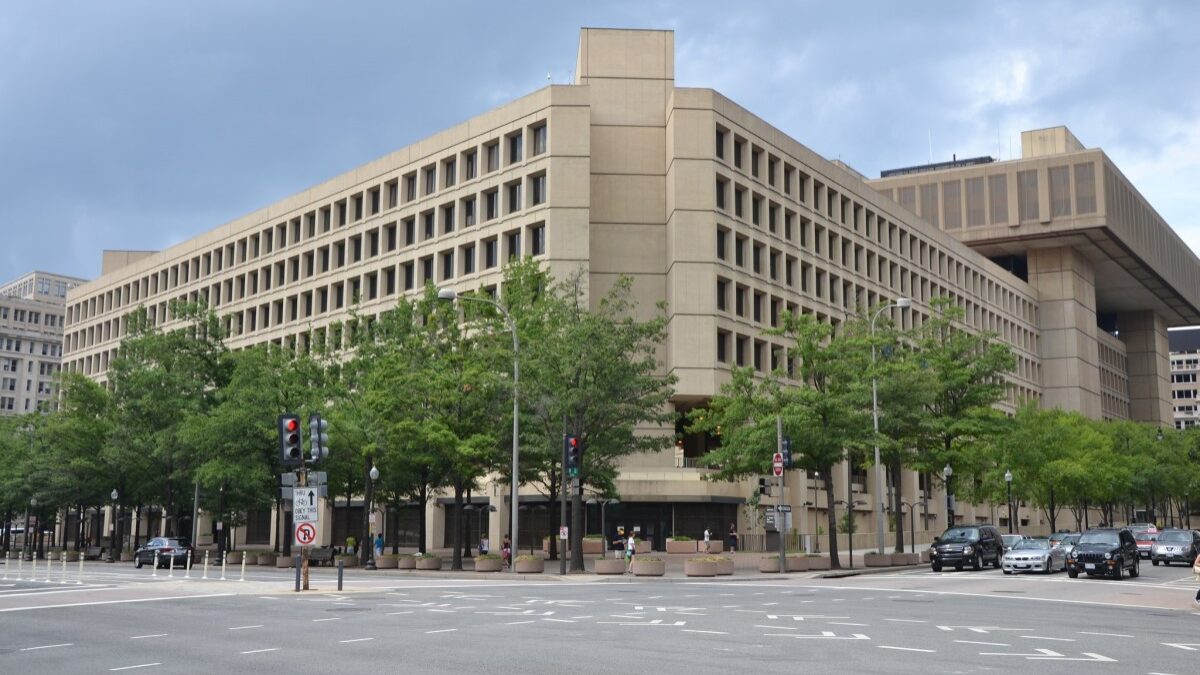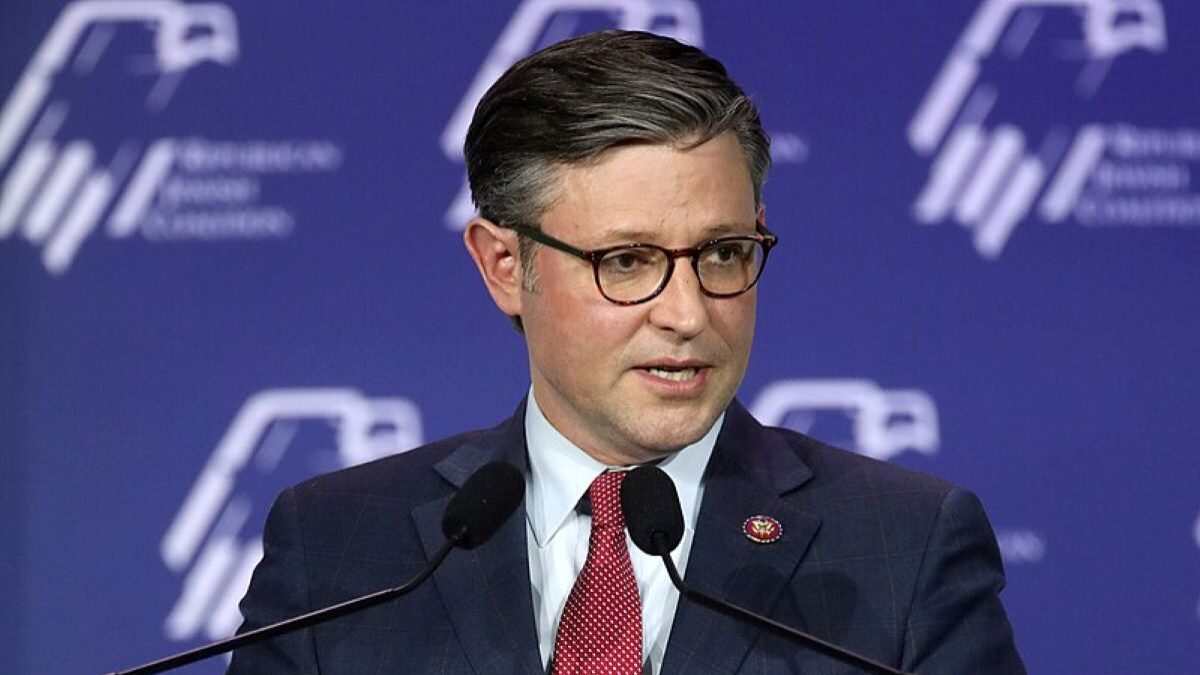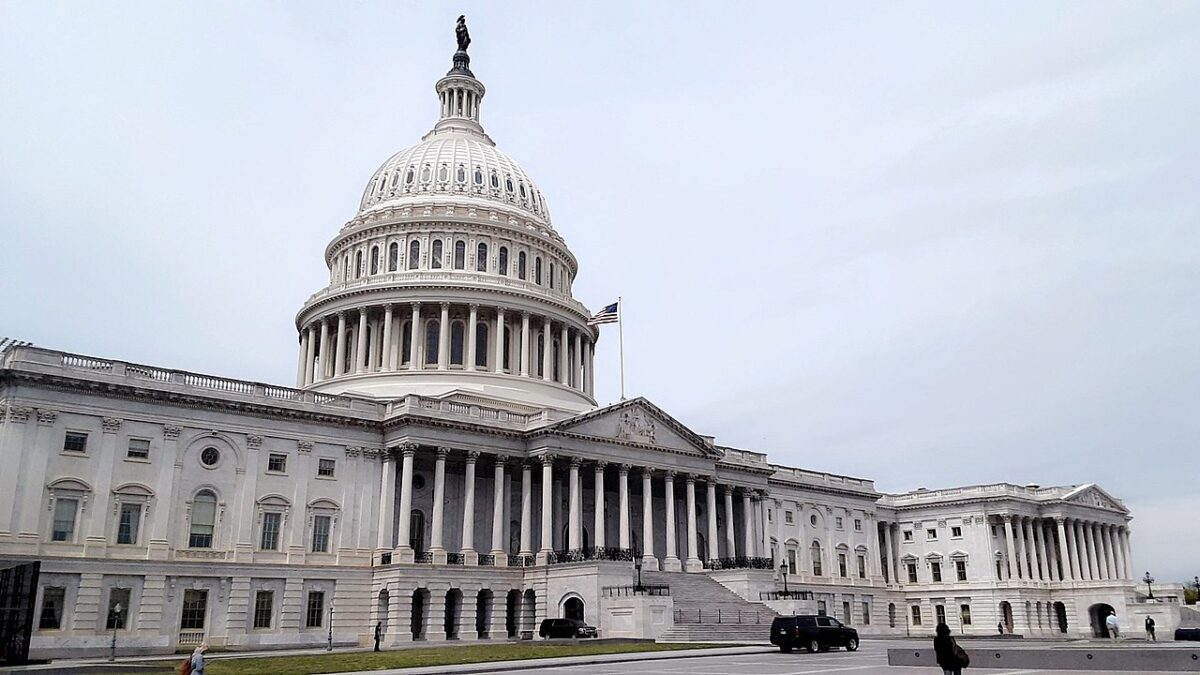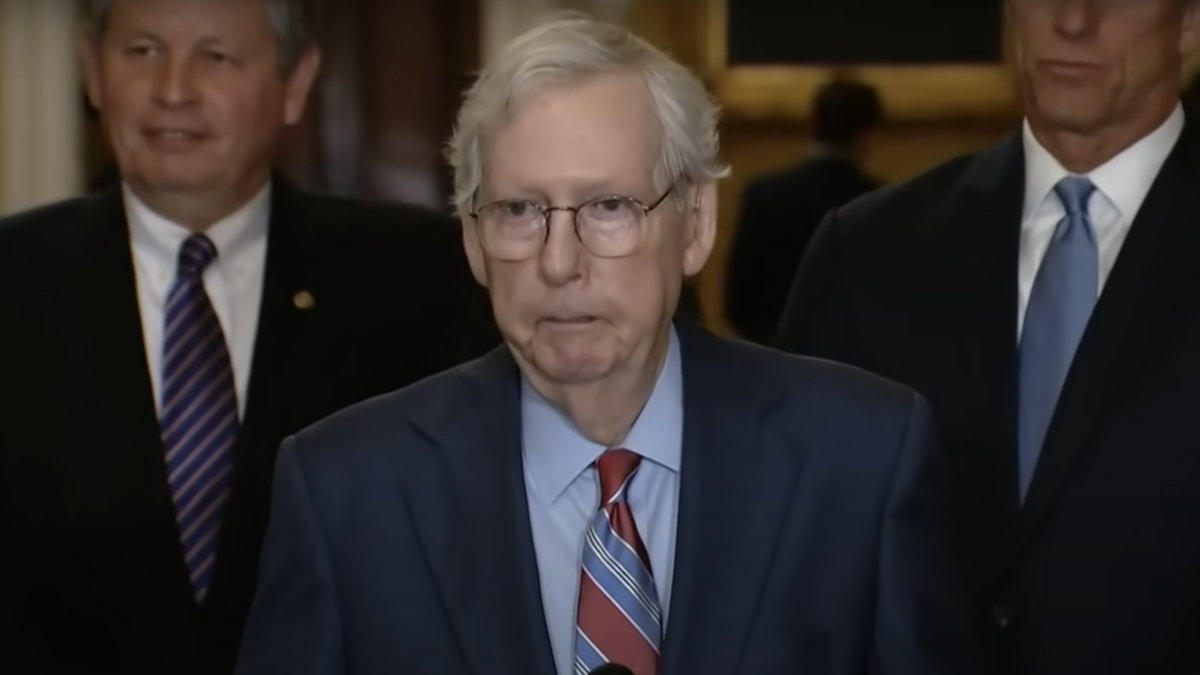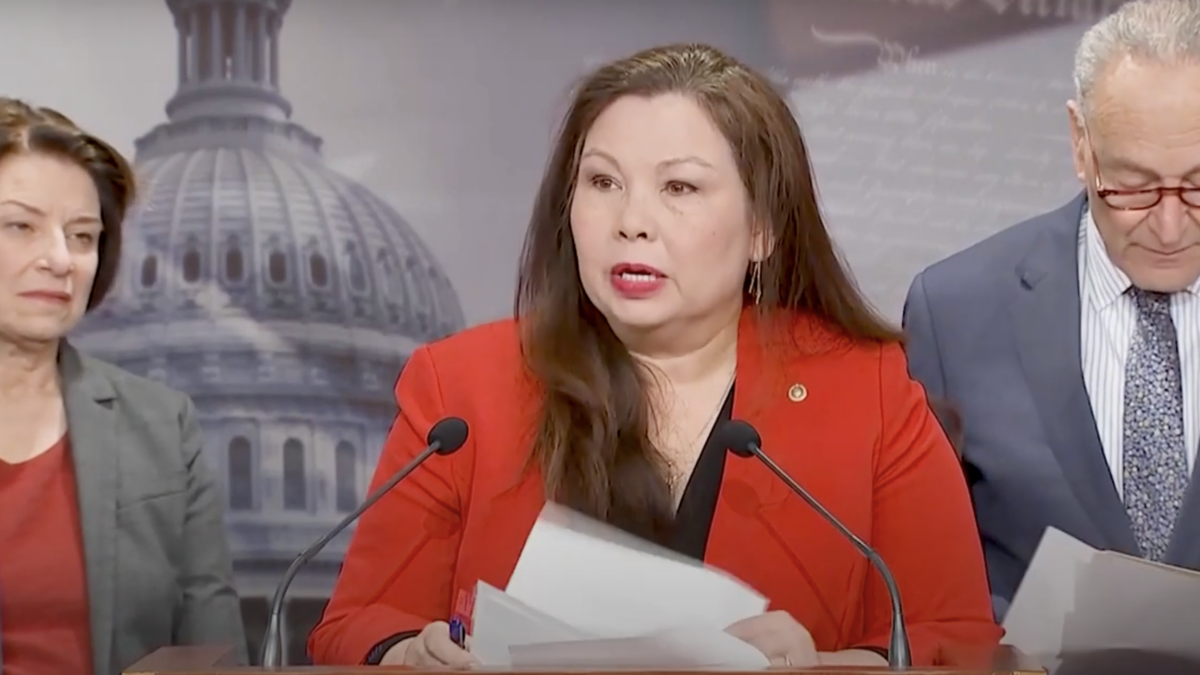On Friday, the House Judiciary Committee subpoenaed Elvis Chan, the lead FBI agent involved in mass social media censorship, to appear for a September 21, 2023 deposition. Last week’s subpoena followed Chan’s failure to appear for a scheduled voluntary interview to face questioning about the federal government’s role in burying the Hunter Biden laptop story in the month before the 2020 election.
While that scandal is much bigger than Chan, he is first in line to untangling the truth about how the government interfered in the 2020 election by running an info op to convince voters the Hunter Biden’s laptop was Russian disinformation. Given Chan’s testimony in the civil lawsuit brought by Missouri and Louisiana and several individual plaintiffs in Missouri v. Biden, as well as since-uncovered documents from Facebook, the importance of questioning Chan cannot be overstated.
What Chan Said
In Missouri v. Biden, the plaintiffs sued the Biden administration and numerous agencies and government officials, including the FBI and Chan. They alleged the federal defendants violated the First Amendment by, among other things, coercing and significantly encouraging “social-media platforms to censor disfavored [speech].” After filing suit, the plaintiffs filed a motion for a preliminary injunction and then obtained an order allowing for expedited discovery.
Since then, the district court has entered a preliminary injunction barring several federal agencies from coercing tech giants into censoring speech. The Fifth Circuit Court of Appeals narrowed the injunction but upheld many of the lower court’s legal conclusions. The Supreme Court is currently considering the Biden administration’s motion for a stay of the injunction.
What matters to the House’s subpoena of Chan is what the expedited discovery in Missouri v. Biden uncovered. It included the plaintiffs’ deposition of Chan. In his deposition, Chan testified he was one of the “primary” FBI agents who communicated with social media companies about so-called “disinformation.”
Specifically, “During the 2020 election cycle, Chan coordinated meetings between the FBI’s Foreign Influence Task Force (FITF) and at least seven of the major tech giants, including Meta/Facebook, Twitter, Google/YouTube, Yahoo!/Verizon Media, and Microsoft/LinkedIn,” with meetings occurring weekly as the election neared.
In questioning Chan, the plaintiffs’ attorneys pushed him on several points related to the censorship of the Hunter Biden laptop, forcing Chan to acknowledge the FBI regularly raised the possibility of “hack and dump” operations with senior officials at the various tech companies. Those discussions included the FBI warning of a potential hack-and-leak occurring in advance of the 2020 election, much like the Democratic National Committee (DNC) hack and WikiLeaks release of internal emails.
Attorneys for the plaintiffs also quizzed Chan on the identity of the government officials who discussed “hack-and-dump Russian operations” with the tech giants. Chan identified Section Chief Laura Dehmlow, along with four FBI officials who attended Department of Homeland Security Cybersecurity and Infrastructure Security Agency (CISA) meetings. Chan named Brady Olson, William Cone, Judy Chock, and Luke Giannini as some of the individuals who had discussed the supposedly impending hack-and-leak operation. Chan claimed not to recall, though, whether anyone within the FBI suggested he raise the possibility of Russian hack-and-dump operations with the tech giants.
That Chan and others warned big tech of the potential for a pre-election hack-and-dump operation is huge. As Chan also testified, the government had no specific intelligence suggesting there were plans for such an operation. Nonetheless, the warnings prompted Twitter and Facebook to censor the Hunter Biden laptop story following The New York Post’s story breaking.
FBI Played Social Media Companies
While the government had no reason to believe a hack-and-leak operation was in the works, several of the FBI agents involved in warning the social media companies knew Hunter Biden had abandoned his laptop at a computer repair store and that the material on the laptop was genuine. That includes Chan, Demhlow, and at least three other individuals connected to the FBI’s FITF.
Chan did not reveal these details in his Missouri v. Biden deposition. Instead, Dehmlow informed the House of these facts during her deposition. Among other things, Dehmlow testified that soon after The New York Post broke the Biden laptop story, somebody from Twitter asked the FBI whether the laptop was real. An analyst in the FBI’s Criminal Investigative Division confirmed, “Yes, it was.’” An FBI lawyer on the call then immediately interjected, “No further comment.”
Dehmlow further testified that several individuals on the FBI’s FITF knew the laptop was real, including then-FITF Section Chief Brad Benavides and the unit chief. Dehmlow then confirmed that after the call with Twitter, the FBI had internal deliberations about the laptop and that later when Facebook asked about the authenticity of the laptop, Dehmlow responded, “No comment.”
During his deposition in the Missouri v. Biden case, Chan confirmed Dehmlow’s representation that in response to the Facebook inquiry, she had replied, “No comment.” Chan, however, then claimed he was not aware of any other inquiries from social media companies concerning the Hunter Biden laptop.
Was Chan Telling the Truth?
Last month, House Judiciary Chair Jim Jordan revealed his committee had obtained internal documents from Facebook that call into question Chan’s testimony. “I spoke with SSA Elvis Chan (FBI San Francisco) on 15 October 2020, as a follow up to the call with the Foreign Influence Task Force on 14 October,” one Facebook document read, contradicting Chan’s claim that he knew of no other inquiries from social media companies.
“I asked SSA Chan whether there was any update or change. . . as to whether the FBI saw any evidence suggesting foreign sponsorship or direction of the leak of information related to Hunter Biden as published in the New York Post story,” Facebook’s memorandum continued. According to Facebook’s internal document, Chan stated “that he was up to speed on the current state of the matter within the FBI and that there was no current evidence to suggest any foreign connection or direction of the leak.” Chan further assured Facebook “that the FBI would be in contact if any additional information on this was developed through further investigation.”
Chan’s claim to Facebook that he was “up to speed on the current state of the matter” also seemingly conflicted with Chan’s testimony in the Missouri v. Biden case that he had “no internal knowledge of that investigation,” and “that it was brought up after the news story had broke.” It is also difficult to reconcile Chan’s claim — that the laptop was only brought up after the Post ran the story — with Dehmlow’s testimony that several individuals on the FITF knew the laptop was real, including an FBI analyst.
What the House Should Ask Chan
The House should explore these inconsistencies with Chan and further quiz him on both Dehmlow’s testimony and the Facebook documents. Chan should also be quizzed on with whom else he discussed the potential for a hack-and-leak operation.
We know from Chan’s Missouri v. Biden deposition that he had served as the supervisor for the Russia-adept cyber squad that investigated the DNC server hack before the San Francisco office handed it to FBI headquarters. Chan testified in that deposition that he would have discussed national security cyber-investigations involving Russian matters with Sean Newell, a deputy chief at the DOJ National Security Division who had also worked on the DNC hack. Chan should be pushed further on whether Newell or anyone else who worked on the DNC hack had raised the issue of a 2020 hack-and-release repeat.
If so, the question then becomes whether they knew of the existence and authenticity of the Biden laptop. That question proves significant because it appears the hack-and-leak narrative was peddled to the social media companies to prime them to censor the laptop story. So, knowing who knew the laptop story was accurate but still fed the hack-and-leak hysteria will point to the players responsible for interfering in the 2020 election by silencing the truthful reporting of the Hunter Biden laptop story.
Chan may refuse to testify, however, even pursuant to a subpoena, or the Department of Justice may direct Chan not to submit to congressional questioning, forcing Republicans to enforce the subpoena in court. We’ll know tomorrow if either scenario plays out or if Chan comes clean with what he knows.
